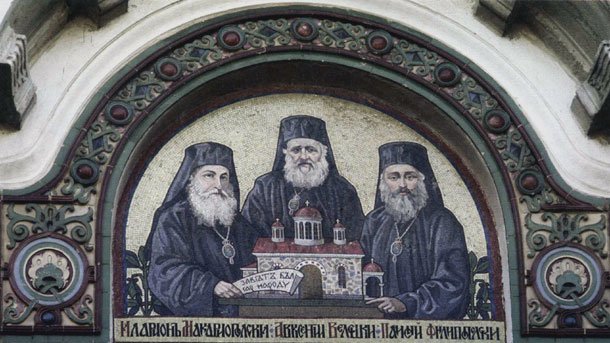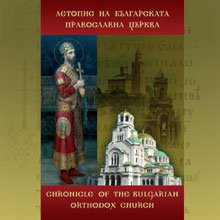

Every year on February 10, the feast of St. Haralambos , Bishop of Magnesia, is celebrated with special solemnity in a small Bulgarian town in the northernmost part of the country's Black Sea coast . For Shabla and its residents, this is the..
Almost 40 years ago, Bulgarian Orthodox Church communities were established in Western and Central Europe in several cities - Budapest, Munich, Vienna, Stockholm, Malmö, Oslo and Paris. With Bulgaria's accession to the European Union and the expansion..
On February 4, Blagoevgrad will commemorate the 153rd anniversary of the birth of Bulgarian revolutionary Gotse Delchev with a wreath-laying ceremony. The ceremony will take place at 11am in front of the hero's monument on Macedonia Square. Voivode..

+359 2 9336 661
